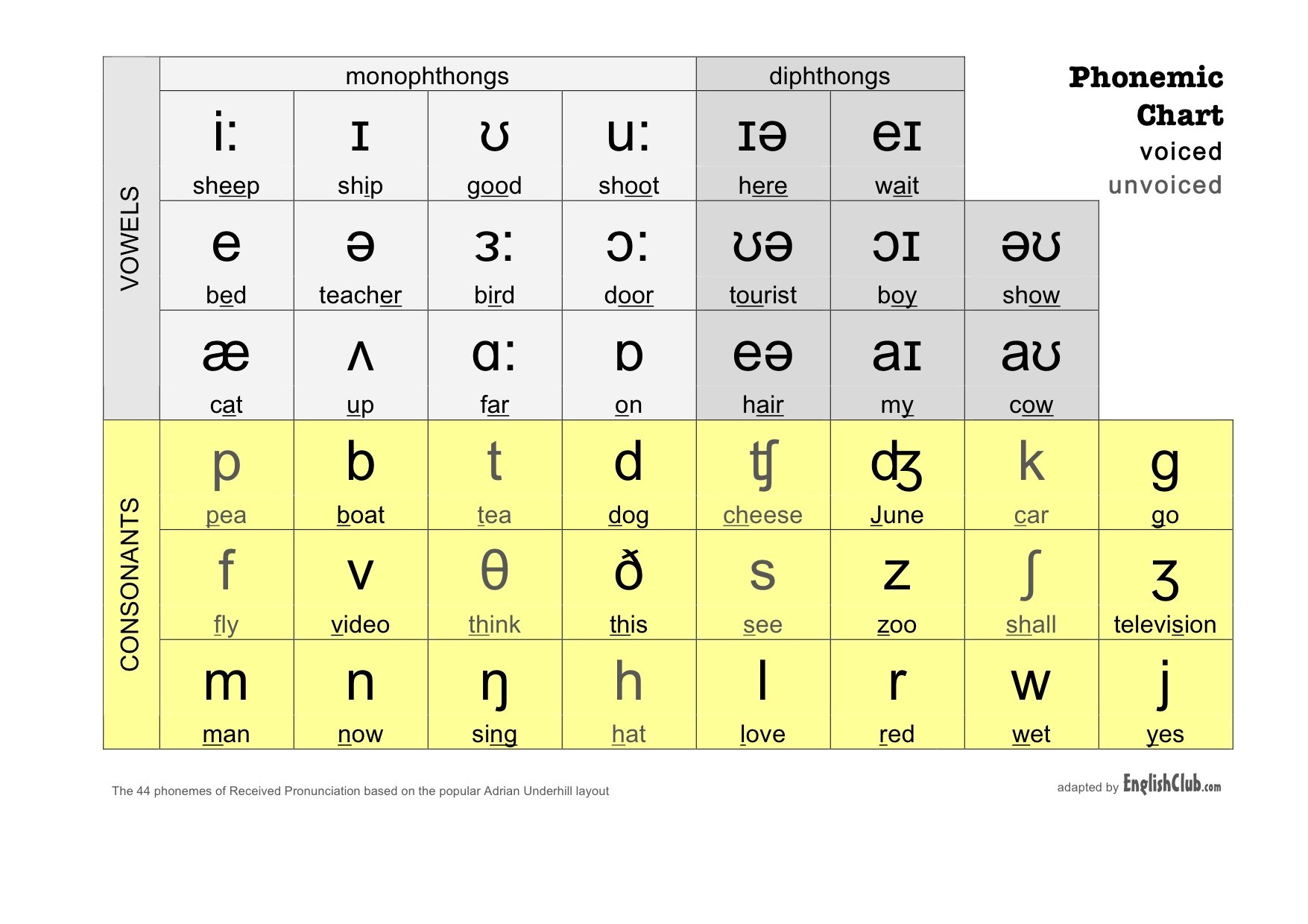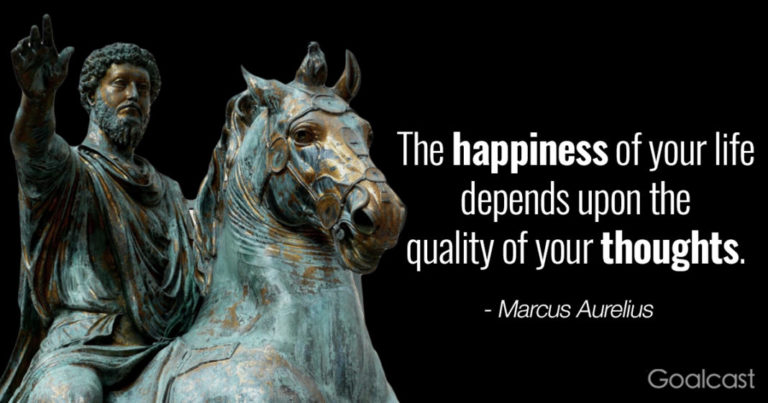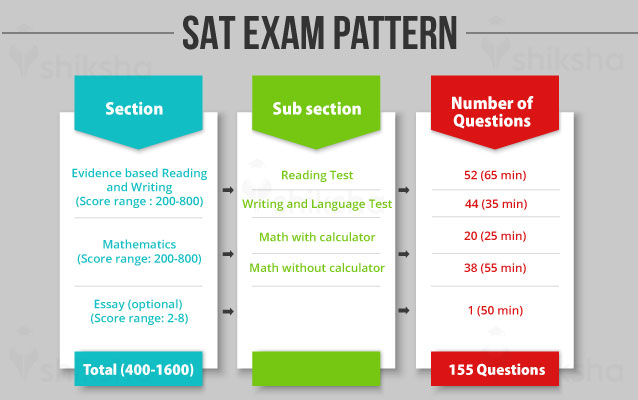- What industry do you work in and what is your role?
- What are your responses in your role / position?
- Can you describe to the function of your workplace / company?
- How many departments, how many offices. National or International?
- What are the minimum requirements for employment ie Education or Experience?
- How many opportunities are there to ‘move up the ladder’?
- What is the process for changing job roles ie Interview? Test?
- Current projects? Deadlines? Opportunities?
- Anything of interest happening?
1.
UK Prime Minister Boris Johnson pledged to delegates at the United Nations in New York that the UK will cut carbon emissions by 68 percent from 1990 levels by 2030. “We have the tools for a green industrial revolution,” he said.
2.
Sure enough, when the Prime Minister returned to London, he found that many cars could no longer operate due to lack of gasoline. That was one way to cut carbon emissions—but probably not what Johnson had in mind when he gave his speech.
3. Traffic is still backed up in London as motorists line up to buy gasoline, a situation reminiscent of the 1970s. With a scarcity of truck drivers to supply gas stations with fuel, Johnson has put the army on standby. British gasoline prices have hit an 8-year high of over $7 per U.S. gallon, or 136.6 British pence per liter.

Do you have a car/ have you ever had a car, how much are you willing to pay for petrol?
4.
Price hikes may discourage panic buying, but one London resident told me, “I queued for over an hour on Friday, and it felt surreal… I’m committed to taking the car twice a week to carry groceries.
5.
We’re all affected, because the taxi-drivers and delivery-drivers are also finding it hard to get fuel. So most deliveries are taking a bit longer because of the logistical challenges. And the supermarket orders are more likely to have missing items.” Covid-19 has taught us the weaknesses of supply chains. The UK has 100,000 vacancies for truck drivers, and they appear to be the weak link in the supply of gasoline.
6.
At the same time as vacancies for truck drivers, the UK has about 1.5 million people receiving unemployment benefits and 1.6 million on furlough. Those on furlough are laid-off workers who were still attached to their jobs and expected to return to them—they are not counted as unemployed.

What do you imagine the future of logistics to be like, how will it differ from that of today?
7.
The government paid 80 percent of their wages under the Coronavirus Job Retention Scheme for most of the pandemic, and now pays 60 percent. The program will end in October. Payments to unemployed and furloughed workers are made with the best of intentions, but they keep underutilized workers from finding new jobs, including driving trucks. Surely some could drive trucks, even temporarily.
8.
To add to the difficulty of getting truck drivers, the UK’s exit from the European Union means that foreign truck drivers, who used to fill job openings in Britain, can no longer come without special visas.





